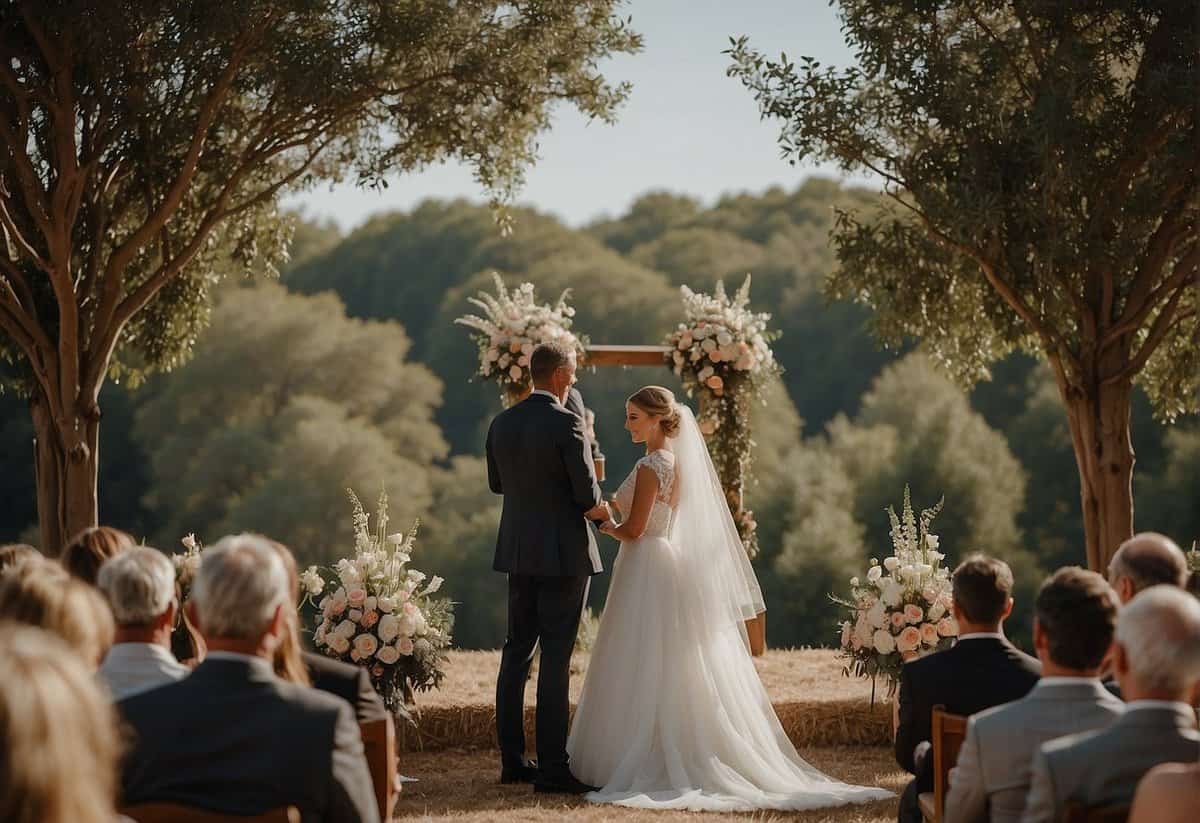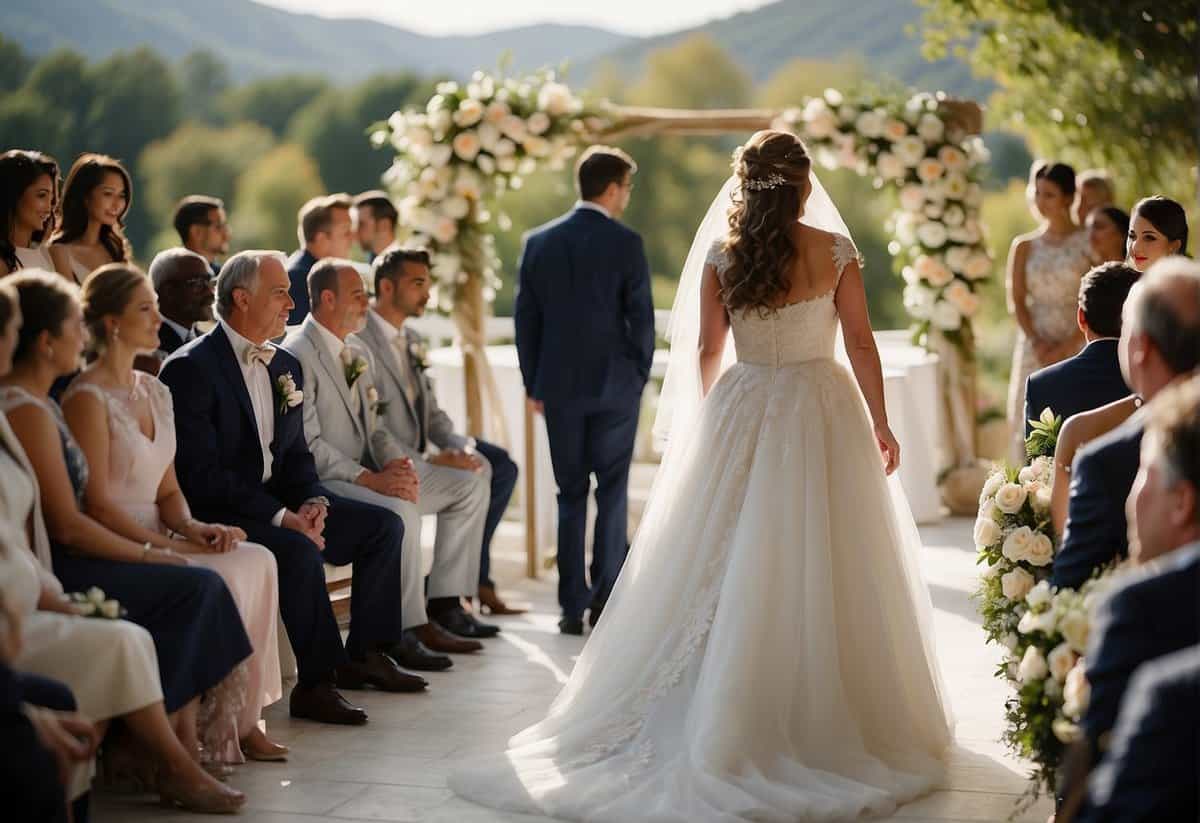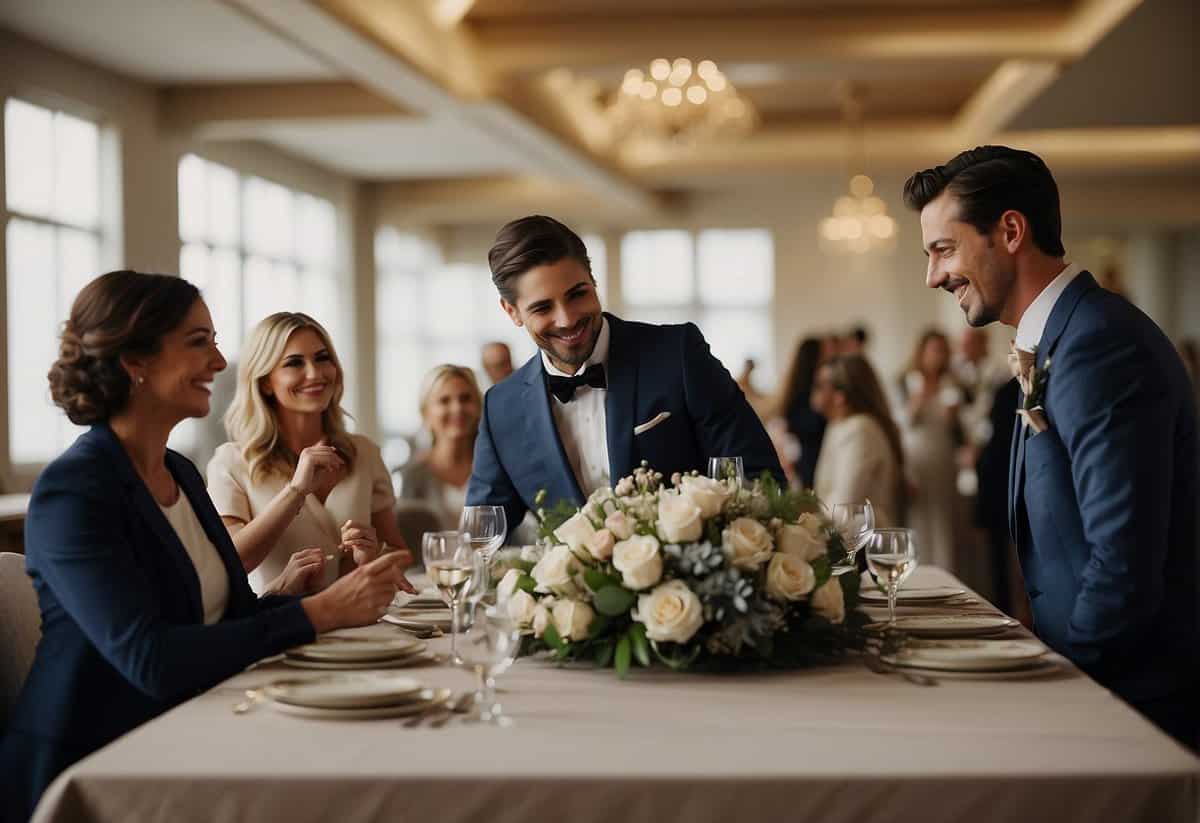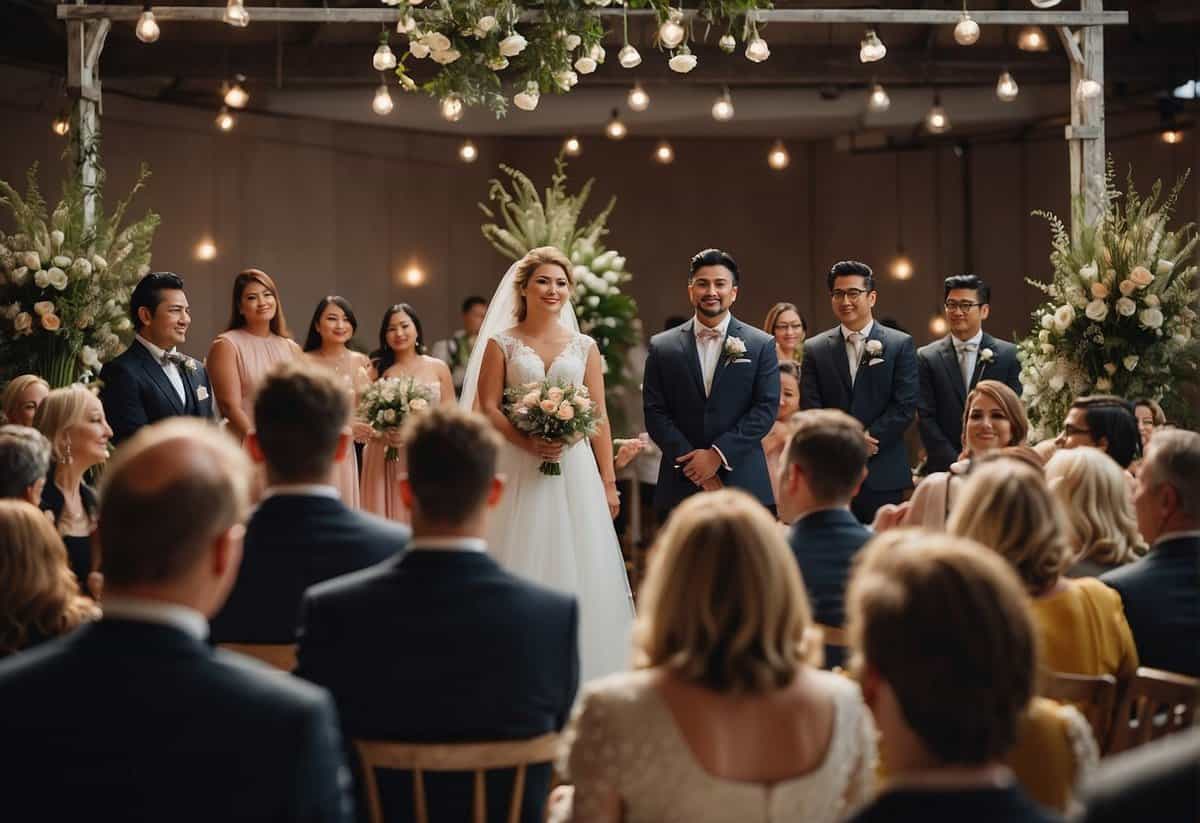Can a Family Member Be a Witness at Your Wedding? Understanding the Rules
When planning your wedding, you may wonder whether a family member can serve as a witness during the ceremony. It’s quite common and accepted for family members, such as siblings, parents, or even grandparents, to witness and attest to the marriage. Their presence as witnesses can add a layer of personal significance and reinforce familial bonds, contributing to the specialness of your day.

Selecting the right people to stand as witnesses is an essential aspect of your wedding. Witnesses are not only there to observe the exchange of vows but also to sign legal documentation. It’s important to confirm they meet the legal requirements, which can vary by location. Choosing someone you trust and who holds a special place in your life can make the moment even more meaningful.
Key Takeaways
- Family members can serve as wedding witnesses and add sentimental value to the ceremony.
- Witnesses must meet location-based legal requirements to sign the marriage documentation.
- Selecting trusted individuals as witnesses is an important part of wedding planning.
Legal Requirements for Witnesses

When preparing for your special day, understanding the legal requirements for witnesses at your wedding is crucial. These individuals play a significant role in ensuring the validity of your marriage license and certificate.
Legal Age and Eligibility
To act as a witness for your wedding, the individual must be an adult, typically at least 18 years old. This age requirement confirms their legal eligibility to fulfill the role and sign the paperwork, making your union officially recognized.
Determining the Number of Witnesses
You’ll generally need two witnesses to sign your marriage license. Their signatures are a key part of the registration service, as they confirm the presence of you and your partner during the marriage ceremony, attesting to the union’s legality.
Specific Regulations by Country and State
Each country and state can set its own guidelines and regulations for wedding witnesses. For a public marriage license in the United States, checking with the local county clerk’s office will provide the legal obligations and any additional legal requirements specific to your location.
The Role of a Family Member as a Witness

When planning your wedding, understanding the potential roles your loved ones can play is instrumental. A family member can often serve as a witness, bringing both legal significance and personal value to your marriage ceremony.
Family Members and Legal Boundaries
Your wedding ceremony is not just a celebration of love; it’s also a legal event. The witness is tasked with the responsibility of observing the signing of the marriage certificate. Although there is no universal law preventing a family member from acting as a witness, it’s essential to check with your local jurisdiction. Some places may require witnesses to be non-family members to avoid potential biases. It’s common for witnesses to be individuals over the age of 18 who are not directly involved in the ceremony, such as your best man or maid of honor.
For the legal fine points, someone like your parents, siblings, or grandparents can often sign as a witness. Yet, you’ll want to ensure their role is acknowledged and approved by your officiant and aligns with state requirements.
Impact on Ceremony and Legal Process
Incorporating a family member as a witness in your wedding ceremony can add a layer of trust and intimacy. By having someone close to you, like a sibling or a parent, witness your marriage, you’re honoring the special bond you share. They’ll carry the responsibility of not just witnessing the commitment but also verifiably validating it by signing their names on your marriage certificate.
Remember, their role doesn’t end with the signing; if ever the validity of your marriage is questioned, these witnesses might need to testify. Thus, choosing someone reliable and trusted becomes crucial. Also, the officiant usually plays a part by directing when and how the witness should complete their part during the ceremony.
By understanding the legal and ceremonial implications, you can ensure your marriage ceremony is as problem-free as it is memorable.
Choosing Witnesses for Your Wedding

When you’re planning your wedding, deciding who will witness your vows is an important choice that adds personal meaning to your ceremony.
Considerations for Selecting Witnesses
You’ll want to choose witnesses who not only fulfill the legal aspect of witnessing your marriage but also hold a significant place in your life. It’s essential that these individuals are ones you trust and who have offered you support. Often, the best man and maid of honor play this role, but you’re not limited to just these positions. Groomsmen and bridesmaids might also be considered, and in many cases, they are close friends or siblings who know you and your groom or bride well.
Witnesses with Sentimental Value
The sentimentality of having a witness sign your marriage certificate is profound. It’s more than just a legal formality; it’s a permanent reminder of the exchange of vows and the commitment you’ve made. Choosing a family member can infuse your wedding ceremony with additional sentimental value. Many couples find that involving loved ones like parents or grandparents in witnessing and signing is a beautiful way to acknowledge the role these individuals have played throughout their lives.
Frequently Asked Questions

When planning your wedding ceremony in Michigan, you may have questions about the role of witnesses. These FAQs address who can be a witness, the legal requirements, and specifics for family member participation.
Who is eligible to be a witness at our wedding ceremony?
Anyone who is of legal age to understand the ceremony and can sign the marriage certificate is eligible to be a witness at your wedding ceremony.
How many people must witness our marriage for it to be legally recognized in Michigan?
In Michigan, you must have two witnesses who are at least 18 years old present to sign the marriage license for your marriage to be legally recognized.
Are there any restrictions on family members serving as witnesses during our nuptials?
Family members are often able to serve as witnesses; there are no explicit restrictions preventing them from witnessing at your wedding.
What are the legal requirements for witnesses at a wedding in Michigan?
Witnesses at a wedding in Michigan must be at least 18 years of age and must be present to sign the marriage license to fulfill legal requirements.
Can our parents fulfill the role of witnesses at our Michigan wedding?
Yes, your parents can serve as witnesses at your Michigan wedding as long as they meet the legal age requirement and are otherwise competent to witness.
What changes have been made to Michigan’s marriage witness laws recently?
For the latest information on any changes to Michigan’s marriage witness laws, you’ll need to consult official state resources or a licensed attorney, as laws can change over time.




